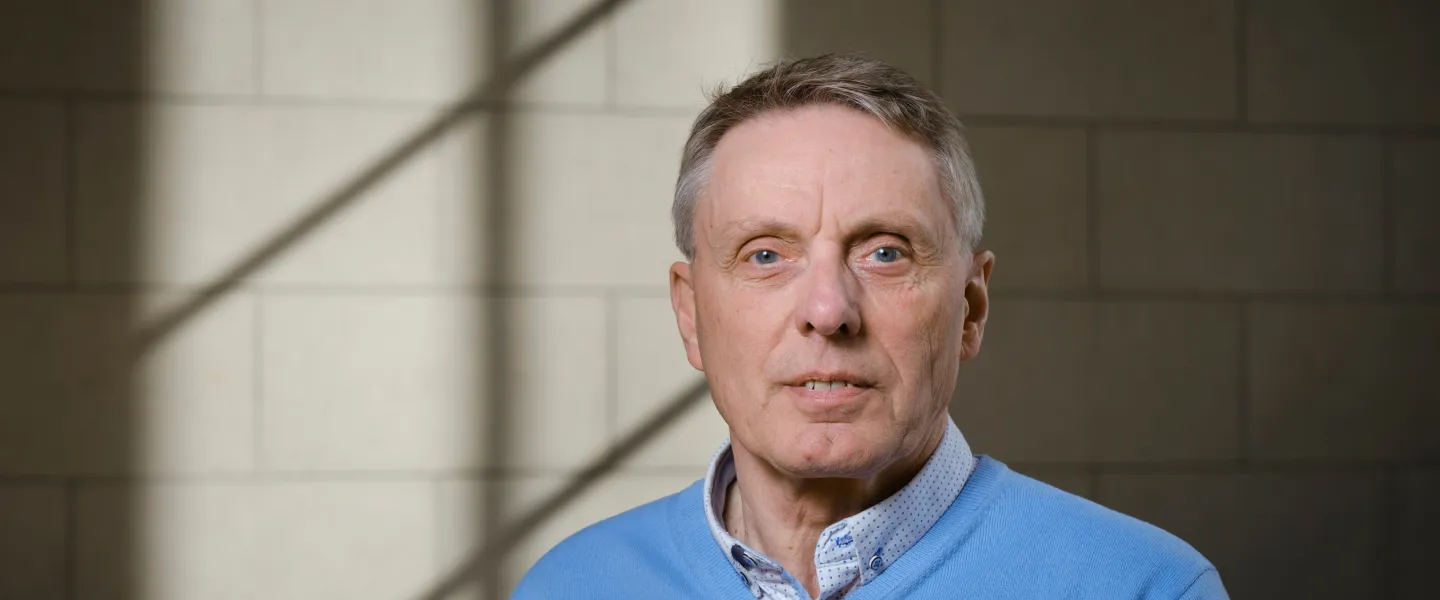
What do the large group of immigrants from the Baltic states plan to do once they reach retirement age? Will they stay in Iceland or return to their countries of origin? These are questions that Halldór S. Guðmundsson, senior lecturer in social work at the University of Iceland, aims to answer in his latest study. “We want to find out whether people, particularly people over the age of fifty, have started planning for their retirement years. We also want to find out about the factors that influence these decisions,” says Halldór.
Important to know whether this group plan to grow old in Iceland
This study emerged from a collaboration that started in 2021. “I was working with people from Latvia and Sweden, and later people from other countries, including Lithuania,” says Halldór. That project was focused on issues affecting older people. “We started discussing things like pensions and how the Icelandic state guarantees certain rights that don’t exist in those countries.”
There are both social and practical aspects that make this an interesting topic. “This will significantly impact how we plan welfare services in Iceland,” explains Halldór. “It is important to know whether this group plans to grow old in Iceland, alongside native born Icelanders, or whether they intend to retire to their countries of origin.” The intentions of this group could have financial implications for the government, pension funds and local municipalities.
Although the study is still in the early stages, work is already underway. “We’re starting by sending out questionnaires to Polish, Latvian and Lithuanian societies in Iceland,” says Halldór. The next step will be to interview specific groups within the cohort in order to get a deeper understanding of the factors that influence people’s decisions. “This is an important topic, because it should affect how we plan to develop services in Iceland.”
Affects the planning of welfare services in Iceland
This research has both social and economic value. “These issues will have a significant impact on how we plan welfare services in Iceland. Are we going to develop special services units for adult people who speak f. ex. Polish and/or Icelandic? Will this group of people age like native Icelanders and have a life expectancy of 81-84, or will they age like people living in their countries of origin and have a shorter life expectancy of 75-82?” he asks. The study will also have practical value for policymakers. “We haven’t asked immigrants these questions before, about what they plan to do after retirement and whether they know their rights regarding pension,” says Halldór.
Their decisions will affect public spending and the amount paid out from pension funds. “There are around 5,000 people originally from these countries aged 50 or older in Iceland. If we look at people aged 40 or older, the number doubles. This is clearly an increasing group which has become an important part of our society.”
The study uses a mix of different methods. “We are using both quantitative and qualitative methods,” explains Halldór. “We plan to tie our findings together to hopefully get a clearer insight into the factors that matter for these individuals as others in our society.”
“We know that many immigrants continue to live in Iceland after the age of 65, but we need to better explore the reasons for that,” says Halldór. He points out that family, community and financial security could all play a major role. “When people have lived here a long time, raised families, paid taxes, the question is – at what point do you stop being an immigrant and start being an Icelander?”
Halldór aims to shed light on issues affecting immigrants’ pensions and future needs. “This study is about ensuring that our society can by or is ready to meet the needs of everyone, regardless of their background or country of origin.”
Prepare for a higher number of older people with diverse backgrounds
Halldór explains that the results of this study could help better prepare for a higher number of older people in Iceland. “Elderly is a growing group in our society and the vast majority is in good health, living in their own homes, and paying taxes of their pension income,” he says.
If older migrants chose to leave or stay in Iceland, it will affect income for municipalities and the social- and healthcare system. The study is still in the very early stages, but some results should be available this year. Halldór hopes that the findings will prove useful for the Icelandic society as a whole. “It’s quite a new phenomenon globally, that people are able to live and work in one country and spend their retirement years in another and receive pension income from more than one country,” he concludes.
Author of the article: Baldvin Þór Hannesson, student in journalism.